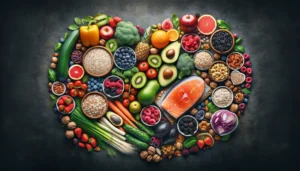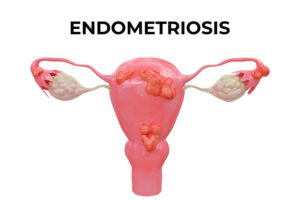There are so many myths out there. It’s hard to navigate the arean of diet and fertility. So, what is important from a fertility point of view with regards to nutrition? This is advice is for both men and women, and is general. For specific advice, please consider booking in with one of the team.
The basics
- Aim to follow a Meditteranean diet. For example;
- Choose wholegrain carbohydrates over processed version
- Add some lean protein to each meal. Aim to include more plant proteins such as beans, peas and lentils.
- Set a goal of 7 portions of fruit and vegetables each day. Remember to eat a rainbow of colours.
- Enjoy oily fish 1-2 per week as well as white and shellfish at least once!Use extra virgin olive oil for cooking and preparing meals.
- Include nuts and seeds daily.
2. To eat enough folate consume 2+ portions of green vegetables each day as well as 1+ portion of citrus fruit.
3. Consider taking a multimineral and multivitamin designed for pregnancy each day.
4. Limit alcohol. Aim for less than 11 units if a women and less than 17 units if a man. A bottle of wine (12.5%) is 7 units, a pub measure of a spirit (35ml) is 1 unit, and a pint is 2 units.
5. Avoid smoking and recreational drugs.
6. Aim to exercise moderately (can’t sing, but can talk – that level of out of breath!) for 30 minutes on most days of the week.
7. Make it a goal to achieve 7 to 9 hours of good quality sleep each night.
8. Consume 3 servings of dairy each day (regular rather than low fat) with a focus on milk and unsweetened yoghurts.
9. Try to avoid excess sugar (<12 tsp of sugar a day. Sugar found naturally in fruit and dairy does not have to be monitored!) and limit artificial sweeteners (e.g. less than 2 cans of diet fizzy drink a day).
10. Limit caffeine to less than 200mg a day. A cup of coffee has about 100mg or caffeine, a cup fo tea has 50mg while a bar of dark chocolate, green tea or cola has about 30mg. Coffee shop coffee can provide 250-550mg of caffeine so it may be preferable to choose decaf.
11. Ask your GP or fertility specialist if your medications help support your health and fertility.
12. Consider screening for coeliac disease if there is a family history of coeliac disease or if you have unexmplained fertility challenges.











